System Mapping Student Forum Gives Students Chance to Enact Change
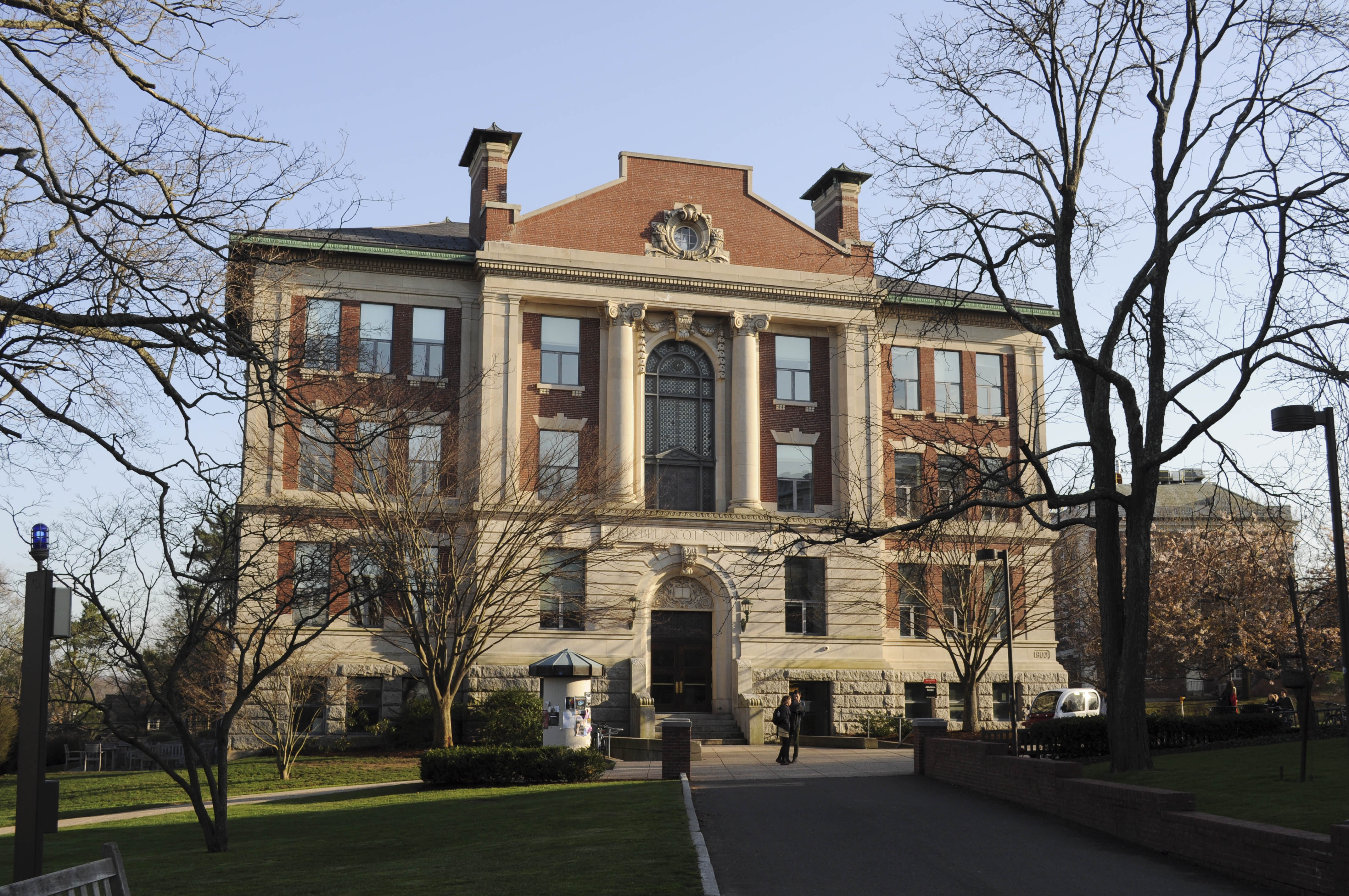
The Gordon Career Center hosted a series of student presentations for Map the System, an annual competition facilitated by Oxford University, on Sunday, March 6. Educational institutions can partner with Oxford to run a local edition of the contest and students can enter as individuals or in teams of up to six. Participants devise a solution to a global issue and present it to a panel of judges, and each participating institution selects a team of finalists to attend a global final competition. The program emphasizes the importance of understanding problems and reviewing existing solutions for making progress.
Director of the Patricelli Center for Social Entrepreneurship Makaela Kingsley designed the student forum “System Mapping for Social & Environmental Impact” to provide students with an opportunity to enter the competition. Kingsley explained that the competition is closely aligned with the Patricelli Center’s role on campus.
“When I first learned about Map the System in 2018, I knew immediately that it was something I wanted to engage with,” Kingsley said. “The mission of this global competition synced with the approach of the Patricelli Center.”
In 2020, Kingsley was inspired to design a half-credit student forum to fit the Map the System competition, where students could choose an issue they were passionate about and think through a solution that could then be submitted to the global competition. The forum’s ultimate goal is to introduce students to systems-based thinking and teach them skills that can be applied to many other types of work.
“Students learn techniques for understanding complex social and environmental issues, and they leave the forum better prepared to think critically about topics they encounter in their other courses, in their everyday lives, and in their professional endeavors,” Kingsley said.
Kingsley later entrusted two juniors, Akansha Singh ’23 and Sarah Ardhani ’23, to teach the course material that she compiled in 2021. The forum became a recurring class, and for Spring 2022, Aldrean Alogon ’23 decided to lead the course. As a former student of the forum, Alogon wanted to continue its legacy on campus.
“I wanted to teach the class because I know I learned so much about it when I was just a student,” Alogon said. “[The forum] teaches some methodologies in system mapping [that help] understand the system underlying the specific issue better.”
Students’ projects covered a range of topics and regions, including migrant workers in Malaysia, loneliness among queer people, the risks of future global pandemics, and admission rates of Connecticut’s low-income students to elite universities. Over the course of the semester, students gained confidence in their chosen topics.
“I still remember the first day I was talking to [the students],” Alogon said. “They were still trying to figure out what specifically to pursue within their general passion, and now they are practically experts at it.”
Julie Ordonez ’23, who took the forum and studied the future of food production systems as the world’s population increases, agreed that the course helped her take a systematic approach to problem-solving.
“[The forum] made me think differently about how to even start examining a problem: where to start, who to ask, and how not to bring your biases into research,” Ordonez said.
Kingsley highlighted that systems mapping can help people implement real change by changing the way they address challenges.
“I believe that none of us can be effective entrepreneurs and change agents without the tools of systems thinking,” Kingsley said. “We need to understand problems, their root causes, and the perspective of all stakeholders before we can develop and launch solutions.”
Ordonez reflected that the forum helped her to analyze systemic issues and find concrete ways to address them.
“Oftentimes, my peers and I leave the classroom after learning about really hard matters like oppression, racism, and sexism, feeling discouraged,” Ordonez said. “A class like this one is the one class [type] where you don’t feel that way.”
Kingsley agreed that the forum provides valuable hands-on learning and hopes students will have more opportunities in the future to independently organize projects and engage with groups outside the University.
“Wesleyan has always celebrated ‘practical idealism,’ and my job in the Patricelli Center is to support students who want to go out and change the world,” Kingsley said. “I’d like to see more applied and experiential learning opportunities integrated into curricular life, from project-based capstones in all majors to service-learning courses in more departments.”
Eugenia Shakhnovskaya can be reached at eshakhnovska@wesleyan.edu.


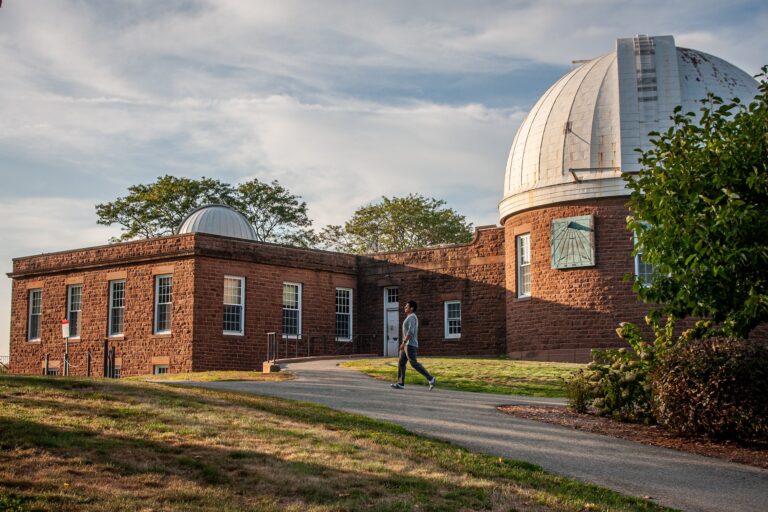
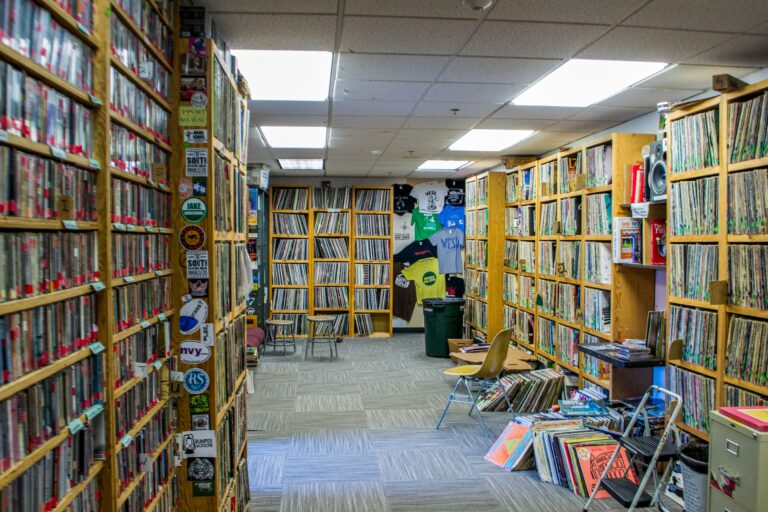

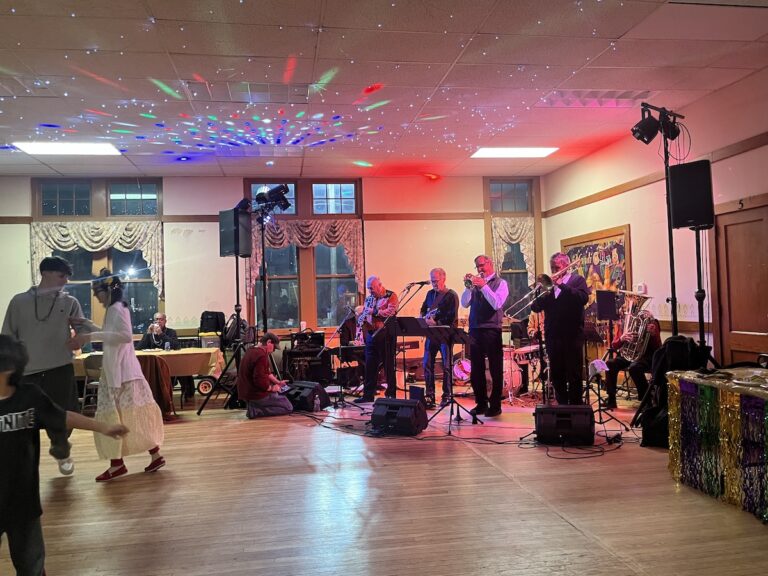

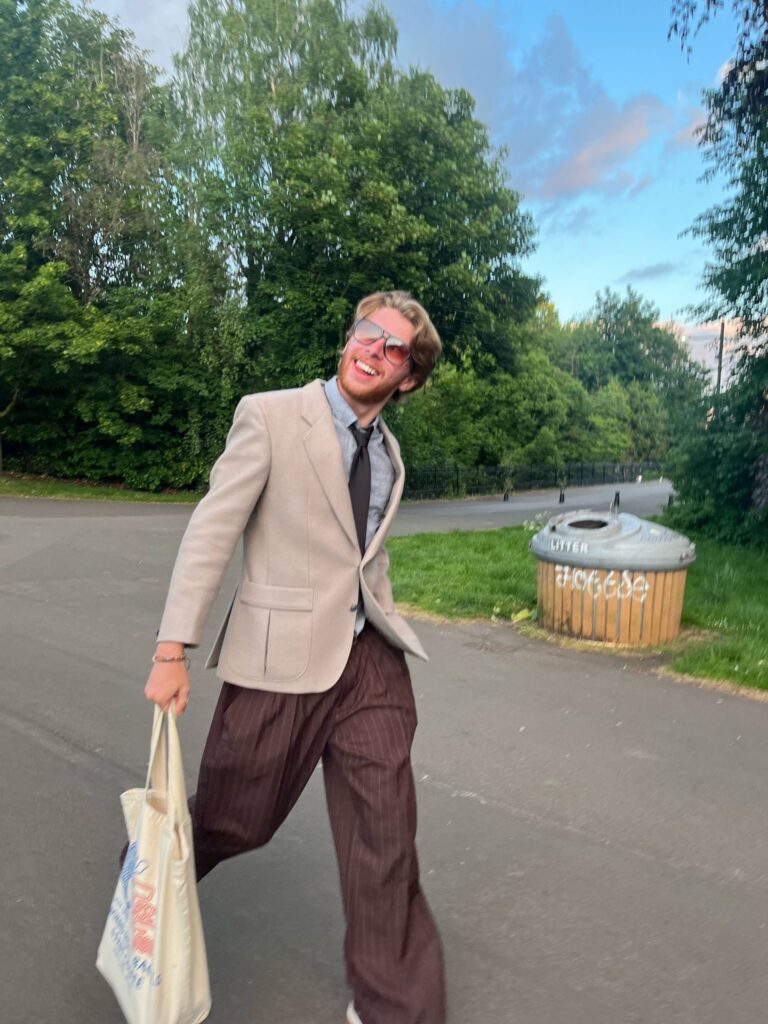
Leave a Reply